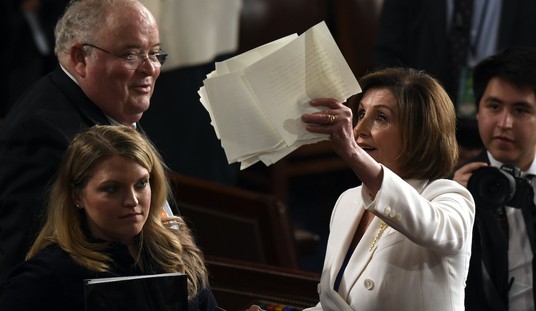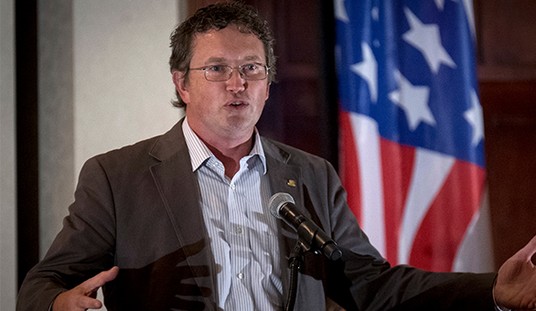On Thursday, the deputy attorney general claimed the threat of Russian influence in American democratic operations is growing.
General Rod Rosenstein presented a new Justice Department report on a plan of action to prevent penetration and alert the citizenry to such strikes from foreign entities (and hopefully prevent situations like these).
After Obama struggled to warn about Russia threat, Rod Rosenstein announces more aggressive approach https://t.co/YxKY6osIJ2 pic.twitter.com/Vq3rl822QG
— Newsweek (@Newsweek) July 21, 2018
Oh, and he also said it’s a whole lotta stuff (agreed upon by John Cornyn here):
“These actions are persistent, they’re pervasive, they are meant to undermine democracy on a daily basis – regardless of whether it is election time or not.”
That doesn’t sound good. At all.
According to Rosenstein, Russian meddling in the 2016 election was “just one tree in a growing forest.”
Furthermore, the DAG said the White House is more engaged than ever in fighting such attacks.
The 156-page document, put together by a cyber-digital task force, outlines six ways in which other countries may influence U.S. elections.
In those instances of intrusion, when and how does the government sound the alarm to the populace? The report explains the complexity of the issue:
“It may not be possible or prudent to disclose foreign influence operations in certain contexts because of investigative or operational considerations, or other constraints. … In some circumstances, however, public exposure and attribution of foreign influence operations can be an important means of countering the threat and rendering those operations less effective.”
Rosenstein also pointed to the Foreign Agents Registration Act and the DoJ’s attempts to enforce it, as well as Homeland Security’s efforts to help states protect their voting process.
And the threat is growing:
“Even as we enhance our ability to combat existing forms of malign influence, the danger continues to grow. Advancing technology will enable adversaries to create propaganda in new and unforeseen ways. Our government must continue to identify and counter them.”
All of the talk about Russian electoral meddling since the 2016 race begs the question: technology hasn’t leapt that drastically in the last few years; if Russia could have such success in interfering a year and a half ago, what of elections going back a decade or two? Russia and China were no more virtuous then. What may have occurred behind the scenes that the government, as the report infers, chose not to inform the public about? Surely this was not the first time.
Judging by Rosenstein’s warning, it certainly won’t be the last.
Thank you for reading. Please sound off in the Comments section.
For something (kind of) completely different, check out my articles on CNN’s dreams of impeachment, the future of Merkel and Trump, and Maxine Waters doing God’s work.
Find all my RedState work here.
And please follow Alex Parker on Twitter and Facebook.














Join the conversation as a VIP Member